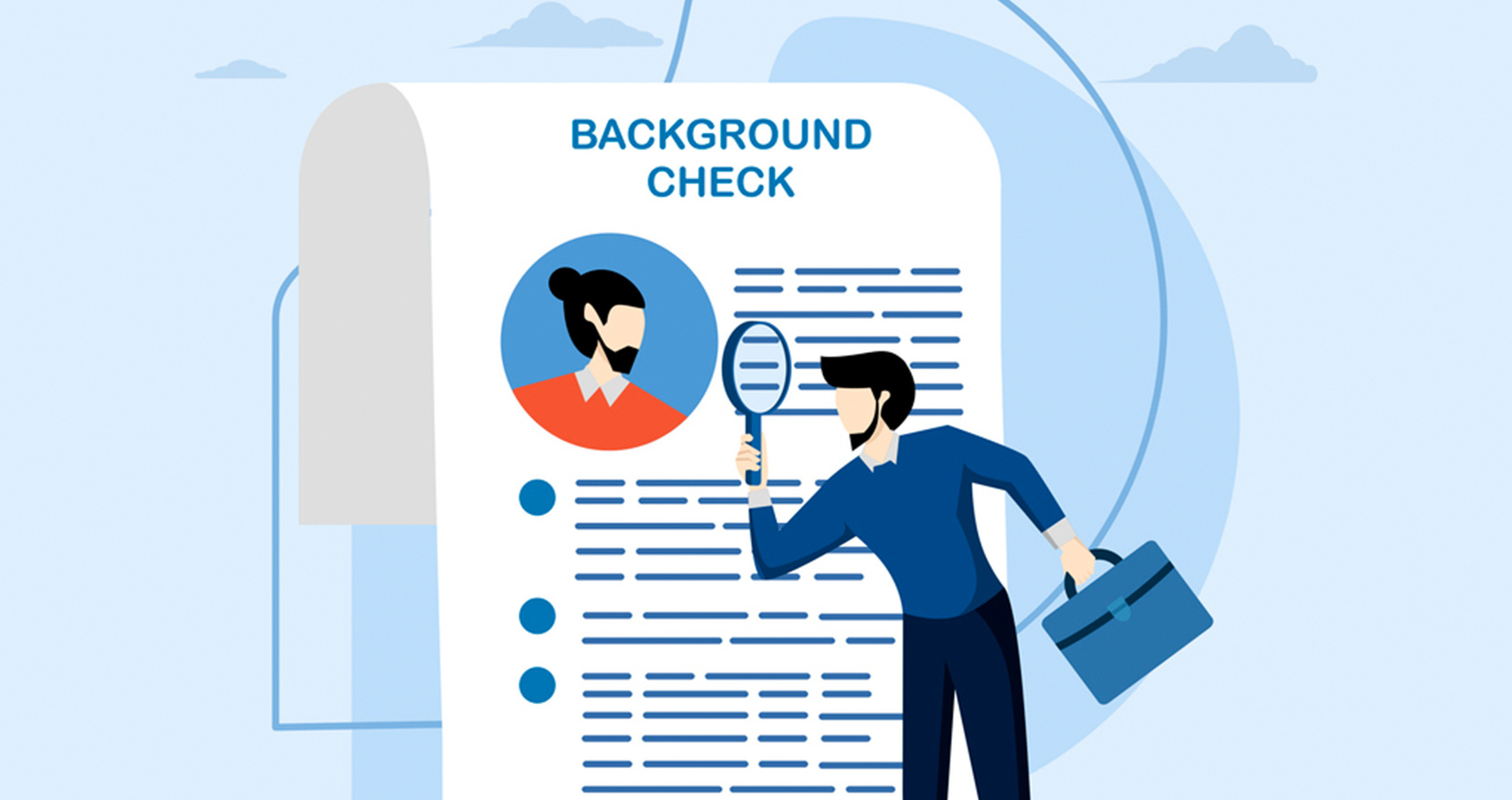Introduction:
In recent times, employment background checks have emerged as an essential tool for both employers and job seekers alike. The practice entails conducting a comprehensive review of a candidate’s past employment, education, criminal records, and other relevant information. This process is done to ensure transparency and safety in the workplace. This blog delves into the significance of employment background checks. It also discusses their impact on creating a secure and trustworthy work environment.
Ensuring Security and Minimizing Risks:
Employment background checks play a pivotal role in enhancing security within organizations and mitigating potential risks associated with hiring unverified individuals. By conducting thorough screenings, employers can reduce the likelihood of negligent hiring, workplace violence, theft, or fraud. In addition, they can protect their reputation and financial well-being. Furthermore, such checks help in identifying candidates whose qualifications and experience match their claims. This prevents any potential conflicts or issues arising in the future.
Gaining Insight into a Candidate’s Professional History:
Employment background checks provide employers with a deeper understanding of a candidate’s professional history. Verifying an individual’s education, employment dates, job titles, and responsibilities allows employers to identify any inconsistencies or red flags in their resumes. This process can help uncover exaggerated qualifications, fabrications, or omissions. As a result, it offers employers accurate insight into a candidate’s suitability and integrity.
Confirming Criminal Records:
One of the crucial aspects covered by employment background checks is criminal record verification. Employers have a responsibility to ensure the safety of their employees, customers, and clients. By conducting these checks, organizations can verify if a potential candidate has a criminal history that could pose a threat to workplace safety or compromise the trust of clients. This step protects the overall well-being of the organization. Moreover, it creates a secure environment for employees.
Maintaining Compliance with Legal Standards:
Employment background checks also help organizations remain compliant with legal standards and regulations. Various industries, such as healthcare, transportation, or finance, have specific legal requirements when it comes to hiring employees. Failing to conduct proper background checks may lead to legal complications and liabilities for the employers. By diligently following these procedures, organizations demonstrate their commitment to adhering to the law. They also safeguard their employees’ rights.
Promoting Transparency and Building Trust:
A comprehensive employment background check process fosters transparency and cultivates trust within an organization. By verifying the accuracy of the information provided by candidates during the hiring process, employers reassure existing employees that they are committed to maintaining a high level of integrity within the workplace. This instills a sense of confidence and security among employees, contributing to overall job satisfaction and productivity.
Conclusion:
In a competitive job market, employment background checks have emerged as an indispensable tool for employers and job seekers alike. They allow employers to make informed decisions, reduce risks, and maintain a secure work environment. For job seekers, undergoing background checks serves as an opportunity to showcase their credibility, professionalism, and integrity. As the importance of transparency and safety continues to grow in the professional realm, conducting thorough employment background checks will remain an essential practice. All organizations seeking to build trust and protect their interests should use this approach.



